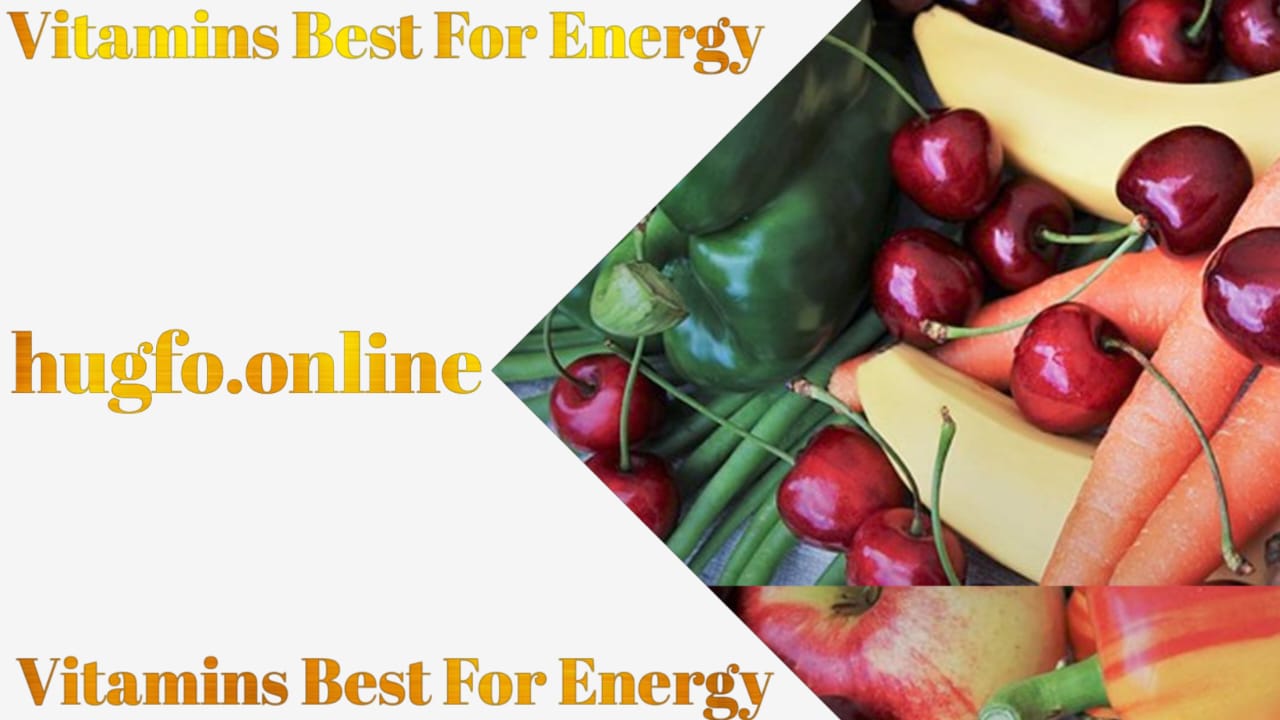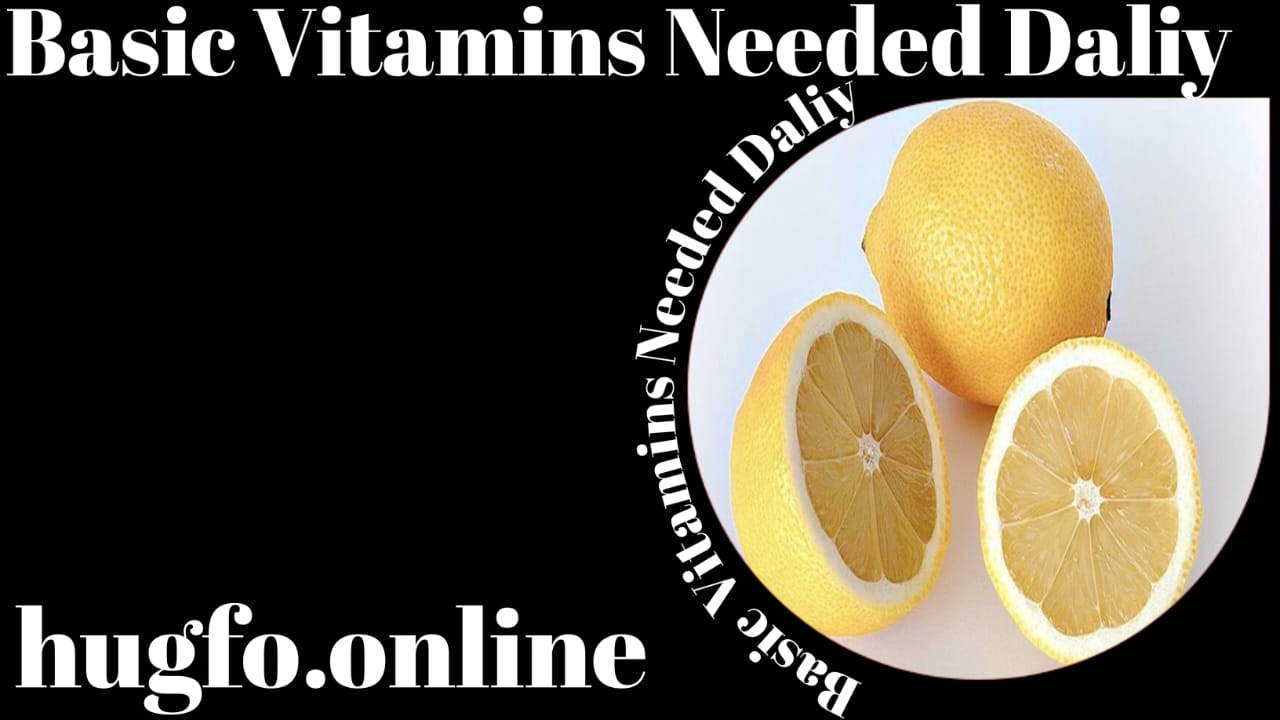vitamin Ever found yourself hitting that midday slump, reaching for yet another cup of coffee or sugary snack just to get through the day? We’ve all been there! But what if the solution to your energy crash didn’t lie in caffeine or sugar, but in something much more natural? The answer may lie in . Yep, that’s right! Certain are absolute powerhouses when it comes to keeping your energy levels steady. But, which is best for energy? Keep reading to find out which one can give you that much-needed boost without the jittery aftermath of too much coffee.
Vitamin
Before we dive into the specifics of , it’s essential to understand why you might be feeling drained. Energy doesn’t just vanish—there’s always a reason behind it. Here are some common causes:
- Poor diet – Not getting enough nutrients can leave you feeling lethargic.
- Lack of sleep – No surprise here! Insufficient sleep robs your body of time to recharge.
- Stress – Being constantly on edge wears out your mental and physical stamina.
- Dehydration – Your body needs water to function optimally.
- Nutrient deficiencies – This is where come into play!
Now that you know what might be bringing your energy down, let’s zoom in on the hero of the day: vitamins!
Which Vitamin Is Best for Energy?
So, let’s get to the burning question: which is best for energy? The clear winner here is B12. While all B- play some role in energy production, B12 steals the spotlight.
The Power of B12
B12 is like the engine oil of your body’s energy production system. It helps your body turn the food you eat—carbohydrates, fats, and proteins—into glucose, which is the fuel your cells need to keep you going throughout the day.
B12 also plays a crucial role in the formation of red blood cells, which are responsible for transporting oxygen to your tissues. Without enough oxygen, your energy levels take a nosedive. The best part? You can’t overdose on B12 because it’s water-soluble. Your body will simply excrete any extra.
Best Sources of Vitamin B12
You can get B12 naturally through:
- Meat (especially red meat and liver)
- Fish (like salmon and trout)
- Eggs
- Dairy products
- Fortified cereals and plant-based milk (perfect for vegetarians and vegans!)
If you’re not a fan of animal products, no worries—B12 supplements are readily available.
Other Energy-Boosting Vitamins
While B12 is the headliner, several other contribute to higher energy levels. Here’s a rundown of the other must-haves:
1. Vitamin B6
B6 works hand-in-hand with B12 to support your metabolism. It helps your body use and store energy from protein and carbs. Basically, B6 ensures your energy production process runs smoothly.
Best sources of B6:
- Bananas
- Chicken
- Tuna
- Chickpeas
2. Vitamin D
Vitamin D is often associated with bone health, but did you know it also helps with energy levels? It influences muscle function and can ward off that fatigued feeling. Plus, Vitamin D deficiency is pretty common, especially in colder months when you’re not getting enough sunlight.
Best sources of Vitamin D:
- Sunlight (yes, it’s free!)
- Fatty fish
- Fortified foods like milk and cereal
- Supplements (particularly if you live in a region with long winters)
3. Iron
Though not a, iron is crucial for energy because it helps produce red blood cells. If you don’t have enough iron, you might experience fatigue due to lower oxygen supply to your muscles and tissues. Pair iron with C for better absorption.
Best sources of iron:
- Red meat
- Spinach
- Lentils
- Tofu
How To Maximize Vitamin Intake
Now that we’ve talked about which is best for energy, the next step is figuring out how to integrate them into your daily routine. It’s not enough to just know what are important—you’ve got to make sure you’re actually getting them. Here’s how:
- Eat a balanced diet: Focus on a diet rich in whole foods like fruits, vegetables, lean proteins, and whole grains.
- Use supplements: If you’re not getting enough vitamins from your diet, consider taking a supplement. But always consult your doctor first!
- Stay hydrated: Water is crucial for energy metabolism, so drink up.
- Exercise: Regular physical activity boosts circulation and helps your body use energy more efficiently.
FAQs
1. Can I get all the vitamins I need just from food?
Yes, in theory! However, if you’re following a restrictive diet (like vegan or gluten-free), or if you have certain medical conditions, you may find it difficult to get everything you need from food alone. In such cases, supplements are your friend.
2. What happens if I have a Vitamin B12 deficiency?
Symptoms of B12 deficiency include fatigue, weakness, difficulty concentrating, and even mood swings. If left untreated, a severe deficiency can lead to nerve damage. If you suspect a deficiency, talk to your doctor for a blood test.
3. Can too many vitamins cause energy problems?
Absolutely! Although it’s rare with water-soluble vitamins like B12, fat-soluble vitamins (like Vitamin D) can build up in your body and potentially cause toxicity. Stick to recommended daily amounts unless otherwise advised by your healthcare provider.
4. How long will it take to feel the effects of a Vitamin B12 supplement?
Many people report feeling an energy boost within days of starting a B12 supplement, but it can vary depending on your body’s level of deficiency.
Conclusion
So, which vitamin is best for energy? The answer is clear: Vitamin B12 takes the crown. But don’t forget about B6, Vitamin D, and iron—they all play vital roles in keeping your energy levels up! By eating a balanced diet, staying hydrated, and making sure you get enough of these crucial nutrients, you can say goodbye to those sluggish afternoons and hello to sustained, vibrant energy.



